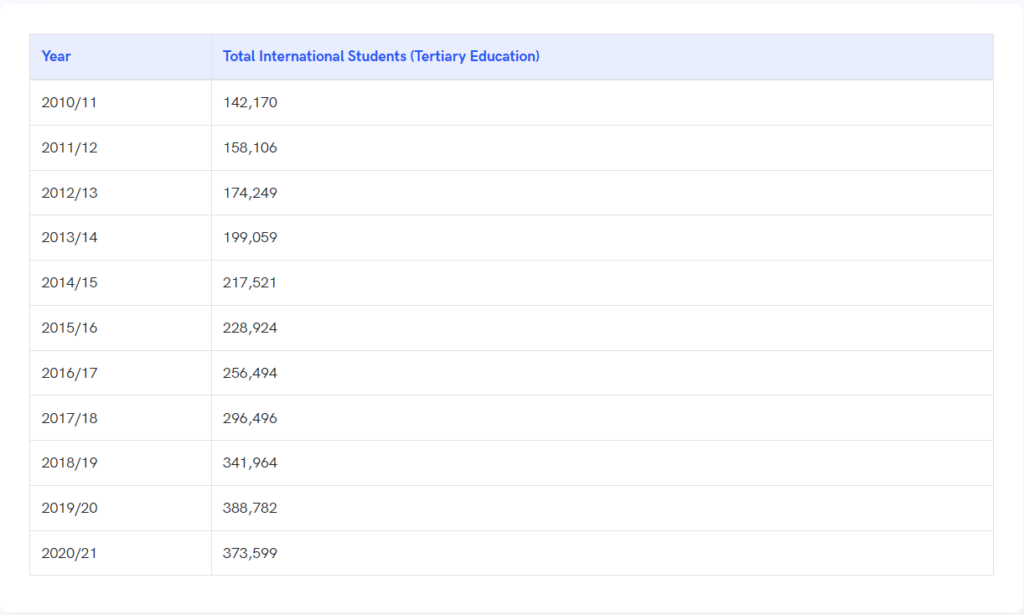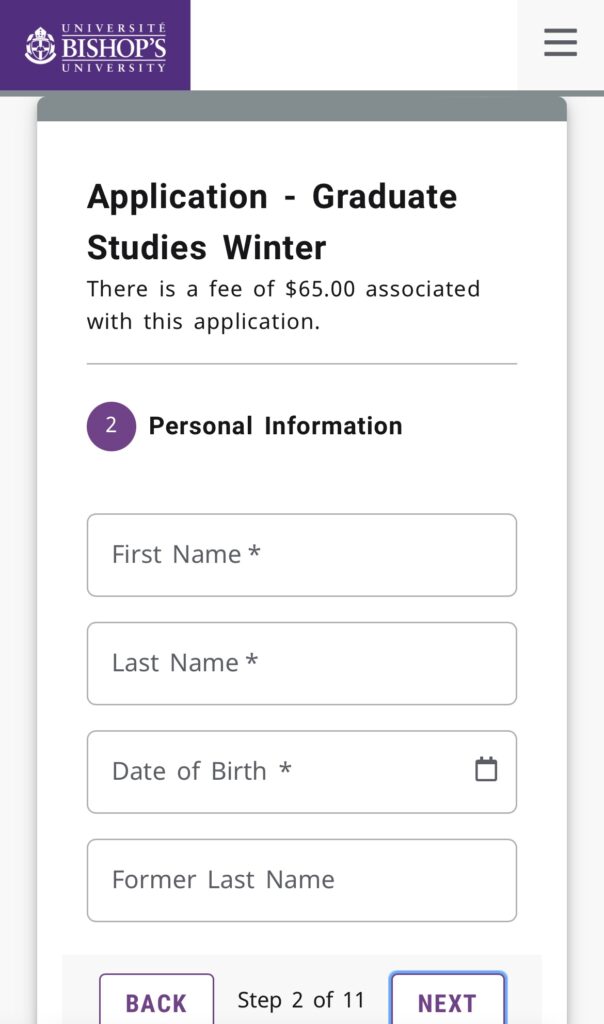How to Study in Canada with 2:2 Grades, OND, and HND
Having low grades isn’t a death sentence to your academic aspirations and you also don’t need to pursue another undergraduate degree. There are a couple of ways by which you can study in Canada with 2:2 grades, OND and even an HND.
So if you have any of these and desire to further your education in Canada, this blog is for you. I’ll talk about how you can go about this and also give you some tips to increase your chances of getting admission. But first, here are some general things you should know:
1. Admission into Graduate Programs is Competitive
This shouldn’t discourage you as it’s not competitive merely because of grades. Other factors affect this. Here are some:
- Not all universities in Canada offer graduate programs.
- The universities that do offer graduate programs may not have the program or course you’re interested in
- All universities have a number of students that they can admit and there are usually more applicants than spaces available

2. As an International Student, a DLI is a great option
As an international student looking to stay back and work in Canada after your studies, it’s best you apply to a Designated Learning Institution (DLI)
This is what will enable you to be eligible for a postgraduate work permit. The number of years you can work will depend on the number of years your degree is.
To apply for a study permit, all you need is an acceptance letter from a DLI.
3. Most Universities do not accept HNDs for a Masters or PhD degree
Usually, the admission requirement is a certificate from a Degree Awarding Institute. However, some institutions are satisfied with the last two years of your Bachelor’s degree.
4. You can do your master’s or PhD degree with a low grade
Although most universities do not accept low grades for a Masters or PhD degree, some people have done just that.
They developed a research and publication portfolio, acquired relevant work experience, submitted applications to lower-ranked schools, took standardized tests, and crafted robust documents like CVs, SOPs, and reference letters.
So despite having low grades, they had other things that complimented their grades and raised their chances.
5. Consider a Graduate Certificate program
With a low degree, you should consider a graduate certificate program. It’s great because they are eligible for a postgraduate work permit and you also receive other benefits that international students receive. And even better, you can come with your family.
Now that you know all this, let’s talk about your admission process
The Admission Process to Study in Canada with 2:2 Grades, OND, and HND
Let’s get into the good stuff!
1. Search for Canadian Universities that offer your course or program of interest
A simple Google search goes a long way. Simply type in your preferred degree and course and viola, Google gives you a plethora of websites to begin your research.
For example: “Master’s in Microbiology in Canada”

It’s that easy! Remember to keep your eyes on DLIs
I’d advise you to create an Excel or Google sheet of your new findings to make your admission process smoother.
2. Consider the admission requirements and cost
In your sheet, put down the requirements such as grade average, tuition, application fee, deadline, available funding, etc. This will help you make more accurate assessments and help you determine the next point
3. Assess Your Eligibility
Given your pursuit of a Master’s or PhD, consider directing your applications toward less competitive institutions or those favouring securing a research supervisor beforehand.
Having a research supervisor can significantly bolster your chances during the admission review process, as their endorsement carries weight.
4. Financing Your Program
International studies come at a cost, covering both tuition and living expenses. It’s also important to sort out your proof of funds for a successful visa application.
For more information on the financial requisites for studying in Canada, visit the IRCC Website.
5. Timely Application Submission:
Submit your admission application directly to your chosen university or college, and follow all the guidelines on the course/program page.
If you can, submit your application as soon as possible. Applications are processed well in advance to accommodate the decision-making processes for admission, funding, and visa applications.
For those eyeing the Fall Term (September), applications are typically accepted from the preceding August/September to January/February of the ensuing year.

More Tips to Boost your chances of studying in Canada with 2:2 Grades, OND, and HND
- Gain professional work experience, even if it involves volunteering.
- Consider applying to universities with lower rankings.
- Develop a robust research and publications portfolio.
- Explore study programs beyond a Bachelor’s Degree, excluding Master’s Degrees.
- Excel in standardized tests like the GMAT or GRE, if required for your chosen program or for studying in the USA.
- Secure a research supervisor to enhance your academic journey.
- Conduct a WES course-by-course evaluation, particularly for the USA, to convert your grades to a 4.0 scale and exclude failed courses.
- Continuously enhance your skills as you progress through your academic pursuits.
Final Thoughts
After reading this post, you should be encouraged to pursue your goal of studying in Canada despite having a low grade.
It’s a bit more challenging but not impossible. Many people have done it and you can too. If you found this blog helpful, leave a comment and share it with someone who might need it.
You should also check out this post on 6 things to know before preparing to travel abroad








Thank you sir for the insight you always bring us. I have been following you for a while now on Instagram.
My issue is I got a 2.65 lower class division.
I would like to know if there are any scholarship scheme schemes that consider the likes of us. I plan on moving to Canada with the study route
Yes there are! We will write a blog on this. But pending when we do, you just need to make proper research.
Doc, you’re wonderful.
The post is encouraging.
You haven’t done something like this before.
Thank you! What other blogs would you like to see from us?